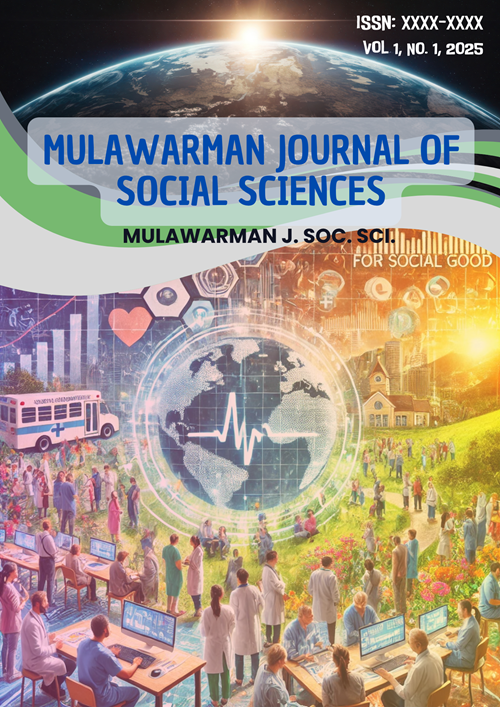Religious and Sharia Tourism: Unveiling the Appeal of Penyengat Island as a Halal Destination in Indonesia
Keywords:
Keywords: Halal tourism, Islamic tourism, sharia-compliant tourism, religious heritage, cultural tourism, Penyengat Island, destination development, IndonesiaAbstract
Abstract
Penyengat Island, a historically significant island in Indonesia's Riau Archipelago, emerges as a compelling destination for halal tourism due to its profound Islamic heritage and cultural richness. As the global halal tourism market continues to expand, destinations that integrate religious authenticity with sharia-compliant services are increasingly sought after by Muslim travelers. This study investigates Penyengat Island's potential as a halal tourism destination by comprehensively evaluating its religious assets, existing sharia-compliant infrastructure, and visitor experiences. Adopting a mixed-methods research design, the study combines qualitative interviews with key stakeholders—including local government officials, tourism operators, and religious leaders—with quantitative surveys of 150 domestic and international tourists. Additionally, document analysis of historical records and contemporary tourism policies provides contextual depth to the findings.
The research reveals that Penyengat Island possesses strong foundational elements for halal tourism, most notably its iconic Masjid Sultan Riau, royal tombs of the Riau-Lingga Sultanate, and well-preserved Islamic cultural traditions. These assets contribute to the island's unique spiritual and historical appeal. However, critical gaps in halal service standardization were identified, particularly regarding gender-segregated facilities (only 40% compliance among accommodations) and comprehensive halal certification for food establishments (85% certified but with limited menu diversity). Tourist feedback indicates high satisfaction with religious sites (average rating of 4.2/5 for prayer facilities) but calls for improved infrastructure, including better signage and expanded halal dining options.
This study makes significant contributions to the academic discourse on halal tourism by providing empirical evidence from an emerging Indonesian destination. Practically, it offers policymakers and tourism developers actionable strategies to enhance Penyengat Island's competitiveness in the global halal tourism market. Recommendations include strengthening public-private partnerships for infrastructure development, implementing community-based tourism initiatives to preserve cultural authenticity, and leveraging digital marketing to target Muslim travelers effectively. The findings underscore the importance of balancing heritage conservation with modern tourism demands to create sustainable halal tourism models.
Keywords: Halal tourism, Islamic tourism, sharia-compliant tourism, religious heritage, cultural tourism, Penyengat Island, destination development, Indonesia
Downloads
Published
Issue
Section
License
Copyright (c) 2025 Yudhi Martha Nugraha, Datuk Profesor Dr. Awang Azman Awang Pawi , Nor Azlin binti Hamidon, Nur Yuhanis binti Mohd Nasir

This work is licensed under a Creative Commons Attribution 4.0 International License.







